Vitamins & Supplements
Explore our Vitamin & Supplement Collection, featuring premium products to support your health and wellness. From daily multivitamins to targeted supplements, each item is crafted for optimal purity and effectiveness. Whether boosting immunity, enhancing energy, or promoting overall well-being, find your perfect health companion here.
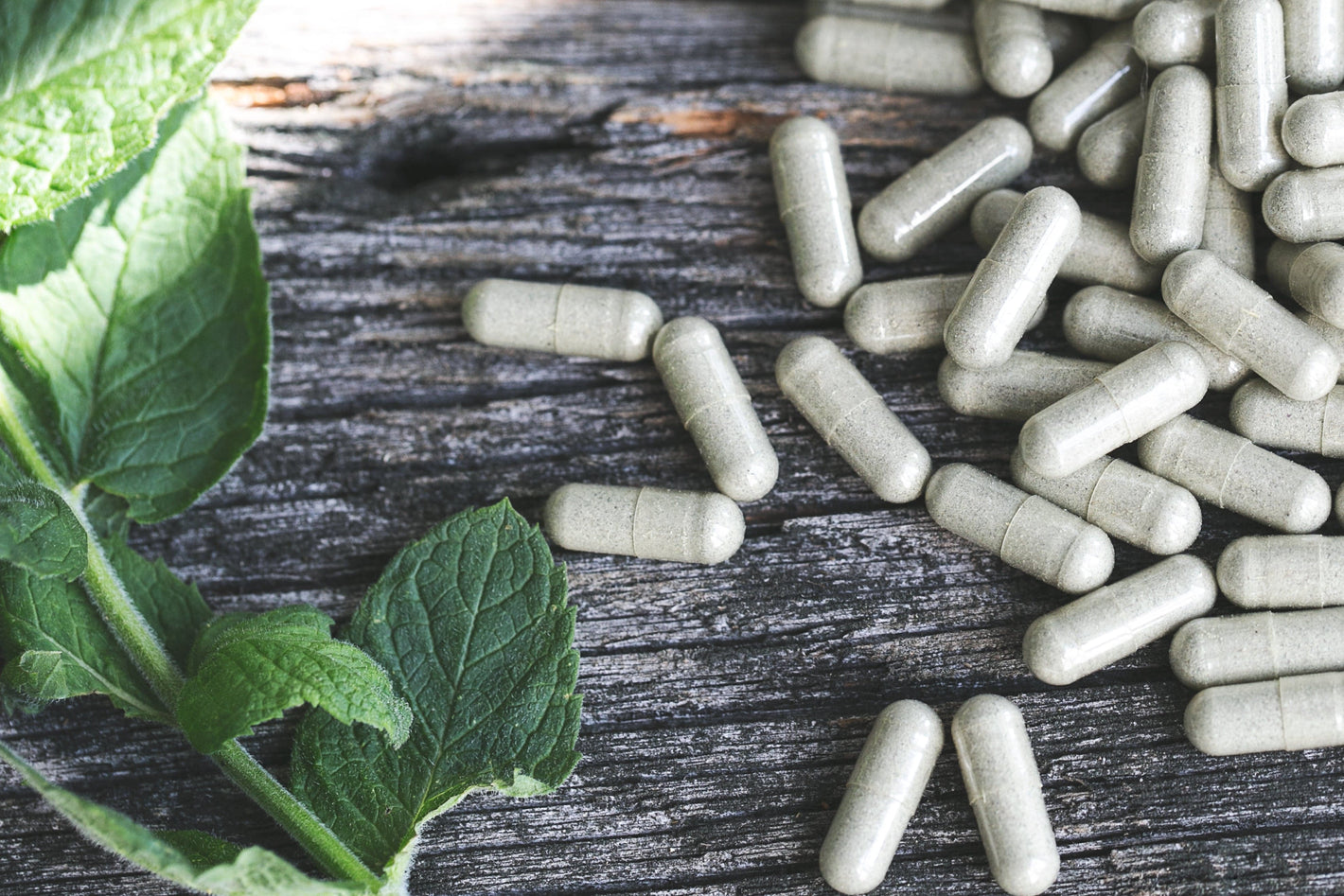
Popular Brands
Popular Supplements
-
Save- £9.01Vendor:Priority One VitaminsSaveVendor:Ecological FormulasSaveVendor:NutricologyVendor:Ecological Formulas
- Choosing a selection results in a full page refresh.
- Opens in a new window.

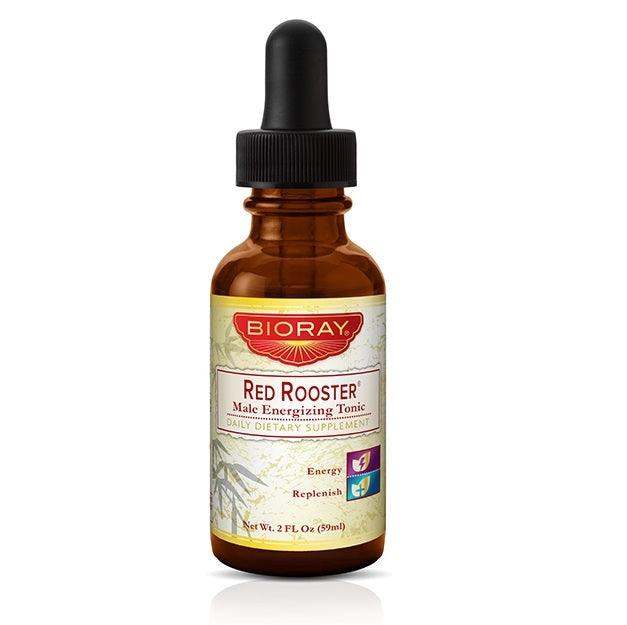















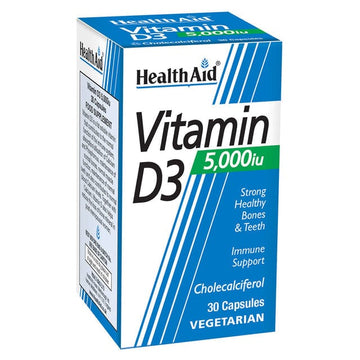

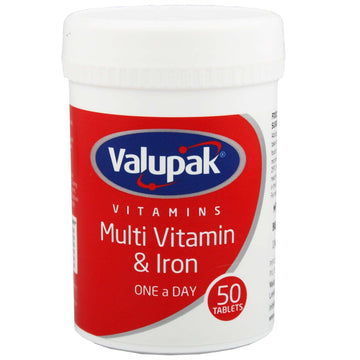


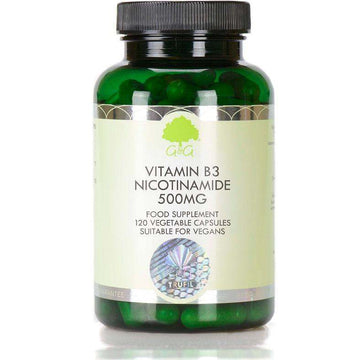




 Rated Excellent by 26,523+ Reviews
Rated Excellent by 26,523+ Reviews